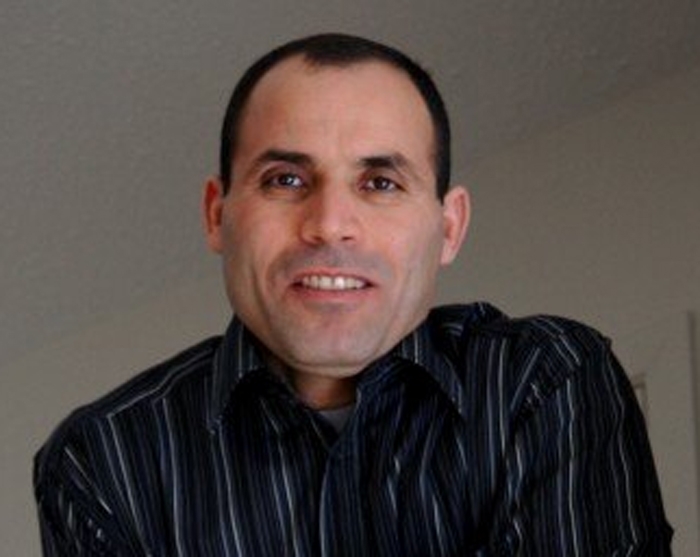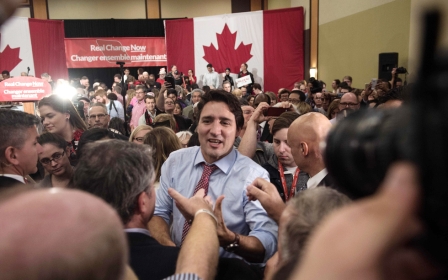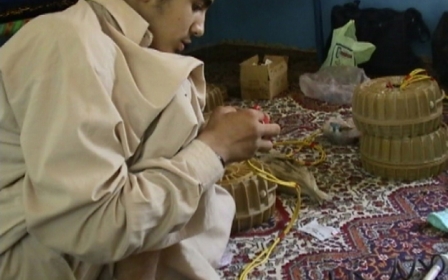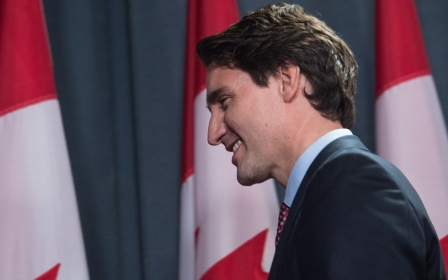Trudeau brother asks Canada not to deport alleged Qaeda sleeper

The brother of Prime Minister Justin Trudeau has asked Canada's public safety minister to intervene to halt the deportation of an Algerian man accused of being an al-Qaeda sleeper agent.
Alexandre Trudeau urged the government in a letter to quash its own order to deport Mohamed Harkat, a 47-year-old former pizza deliveryman who has been fighting for more than a decade to stay in Canada.
The documentary filmmaker has long supported Harkat, reportedly offering in 2005 to act as his surety in a bail application, while steadfastly opposing a provision of Canada's immigration law used to detain him.
The seldom-used national security measure allows tribunals to be held in secrecy and indefinite detention without charge of foreigners suspected of terror ties. It has been at the centre of a post-9/11 legal and political shakeup in Canada that has pitted security advocates against champions of civil liberties.
In a letter to Public Safety Minister Ralph Goodale published in the Ottawa Citizen newspaper on Wednesday, Alexandre Trudeau said the so-called security certificates are "fundamentally unfair".
"I am absolutely convinced that at this moment, he (Harkat) poses no danger whatsoever to the public or to public safety in Canada, but rather offers a positive commitment to the life he has created here."
A spokesperson for Goodale confirmed receipt of the letter and its contents, but said the minister would not intervene.
"Minister Goodale has confidence in CBSA (Canada Border Services Agency) and IRCC (Immigration, Refugees and Citizenship Canada)'s ability to assess cases, protect our security and maintain the integrity of our immigration system," spokesperson Scott Bardsley said.
He noted also that authorities assess "the risks to their life if (individuals) are removed, as well as humanitarian and compassionate considerations".
The prime minister, speaking to reporters, declined to comment on the matter, except to say that his brother has as much right as any Canadian to lobby the government on issues he believes in.
Harkat, he added, can also count on the same "rigour which our citizens demand" being applied in his case.
Canada first detained Harkat in 2002 on suspicion of links to al-Qaeda, and he spent nearly four years in jail before being released under strict bail conditions.
He has denied terror links, claiming he fled Algeria over a crackdown on a political party to which he belonged, the now-defunct and banned Islamic Salvation Front (FIS).
But Canadian courts ruled he was likely an al-Qaeda sleeper agent and a security threat.
The original security law used to prosecute Harkat was struck down in 2007 as unjust. However, the Supreme Court upheld a tweaked version meant to ensure better legal representation of defendants in 2014.
New MEE newsletter: Jerusalem Dispatch
Sign up to get the latest insights and analysis on Israel-Palestine, alongside Turkey Unpacked and other MEE newsletters
Middle East Eye delivers independent and unrivalled coverage and analysis of the Middle East, North Africa and beyond. To learn more about republishing this content and the associated fees, please fill out this form. More about MEE can be found here.




